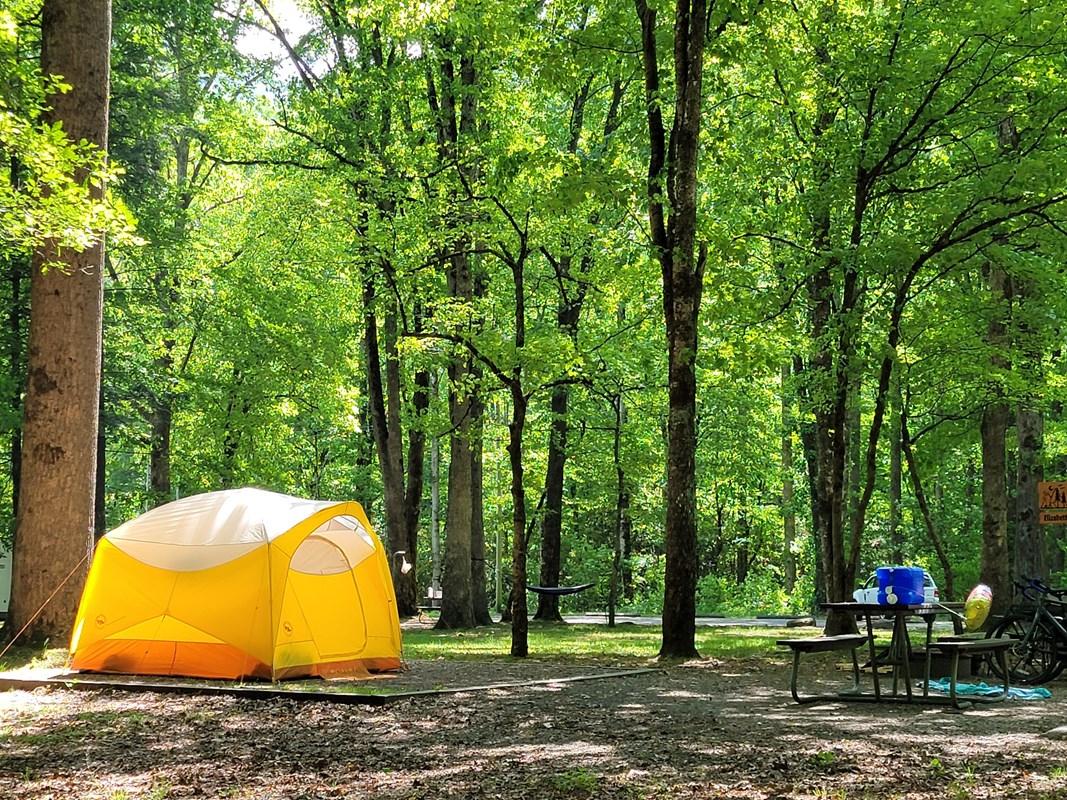
The Enchanting Wilderness of Yellow River State Forest
Nestled in the northeastern corner of Iowa, Yellow River State Forest offers a serene escape into nature. This sprawling forest is a haven for outdoor enthusiasts, boasting rolling hills, dense woodlands, and crystal-clear streams. Whether you're an avid hiker, a passionate angler, or simply a lover of scenic beauty, this destination has something for everyone. The forest is crisscrossed with miles of well-maintained trails that are perfect for hiking, biking, and horseback riding. As you traverse these trails, you'll be treated to stunning vistas of the Yellow River and its surrounding bluffs. Wildlife sightings are common, with deer, wild turkeys, and even the occasional bobcat making appearances. Camping is a popular activity here, with several campgrounds that cater to both tent and RV campers. For those looking for a more rustic experience, backcountry camping is also available. The forest's waterways provide excellent opportunities for fishing, canoeing, and kayaking, with the Yellow River itself being a prime spot for trout fishing. In addition to its natural beauty, Yellow River State Forest is steeped in history. The area was once home to Native American tribes, and remnants of their presence can still be found in the form of ancient burial mounds. The forest also features old farmsteads and logging camps that offer a glimpse into the region's past. A visit to Yellow River State Forest is not just a journey into nature, but also a step back in time.
Local tips in Yellow River State Forest
- Visit in the fall to witness the stunning autumn foliage.
- Bring insect repellent during the summer months.
- Check trail conditions before hiking, especially after heavy rains.
- Consider backcountry camping for a more secluded experience.
- Take a map or GPS device as cell service can be spotty.
The Enchanting Wilderness of Yellow River State Forest
Nestled in the northeastern corner of Iowa, Yellow River State Forest offers a serene escape into nature. This sprawling forest is a haven for outdoor enthusiasts, boasting rolling hills, dense woodlands, and crystal-clear streams. Whether you're an avid hiker, a passionate angler, or simply a lover of scenic beauty, this destination has something for everyone. The forest is crisscrossed with miles of well-maintained trails that are perfect for hiking, biking, and horseback riding. As you traverse these trails, you'll be treated to stunning vistas of the Yellow River and its surrounding bluffs. Wildlife sightings are common, with deer, wild turkeys, and even the occasional bobcat making appearances. Camping is a popular activity here, with several campgrounds that cater to both tent and RV campers. For those looking for a more rustic experience, backcountry camping is also available. The forest's waterways provide excellent opportunities for fishing, canoeing, and kayaking, with the Yellow River itself being a prime spot for trout fishing. In addition to its natural beauty, Yellow River State Forest is steeped in history. The area was once home to Native American tribes, and remnants of their presence can still be found in the form of ancient burial mounds. The forest also features old farmsteads and logging camps that offer a glimpse into the region's past. A visit to Yellow River State Forest is not just a journey into nature, but also a step back in time.
When is the best time to go to Yellow River State Forest?
Unmissable attractions to see
Maquoketa Caves State Park
Discover Iowa's geological treasures: Explore caves, hike scenic trails, and immerse yourself in the natural beauty of Maquoketa Caves State Park.
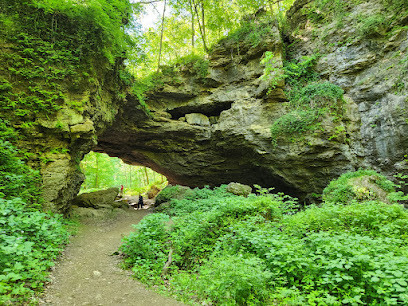
Pikes Peak State Park
Discover dramatic Mississippi River views, hidden waterfalls, and Native American burial mounds at Iowa's scenic Pikes Peak State Park.
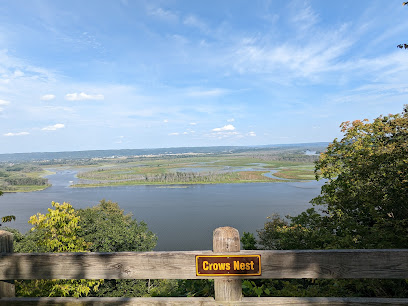
Casino Queen Marquette
Experience gaming thrills and Mississippi River charm at Casino Queen Marquette, with a new land-based facility coming in late 2024!
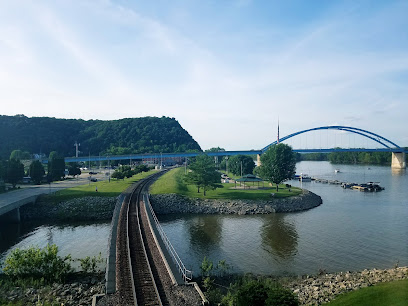
Effigy Mounds National Monument
Discover ancient Native American mounds shaped like animals amidst the scenic bluffs of the Mississippi River in Iowa's Effigy Mounds National Monument.
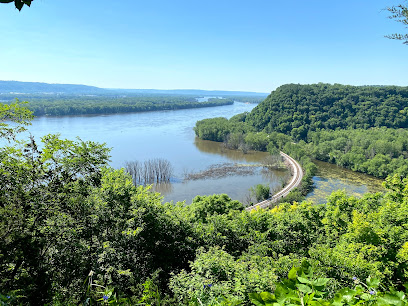
Effigy Mounds National Monument Visitor Center
Discover ancient Native American mound-building culture and explore sacred earthworks at the Effigy Mounds National Monument Visitor Center.
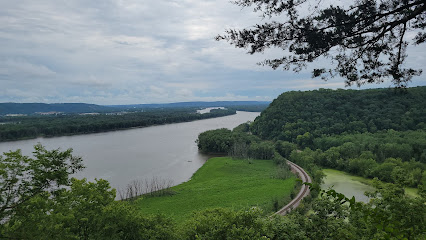
Spook Cave & Campground
Discover the mysteries of Iowa's Spook Cave: A unique underground boat tour, camping, and family fun in the scenic Driftless Area near McGregor.
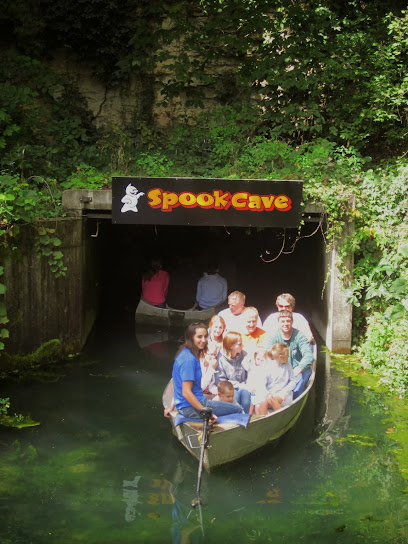
St. Feriole Island Park
Discover history and nature at St. Feriole Island Park in Prairie du Chien, WI – a scenic destination with trails, historical sites, and river views.
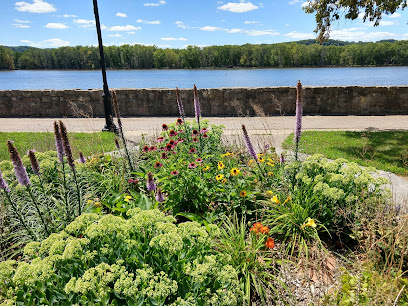
EB Lyons Interpretive Center
Explore nature and history at the Mines of Spain's visitor center, with hiking trails, wildlife exhibits, and Mississippi River views.
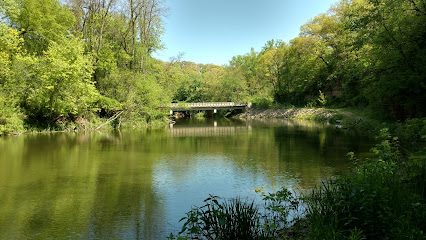
Villa Louis Historic Site
Experience Victorian elegance and Wisconsin history at Villa Louis, a meticulously restored estate on the banks of the Mississippi River.
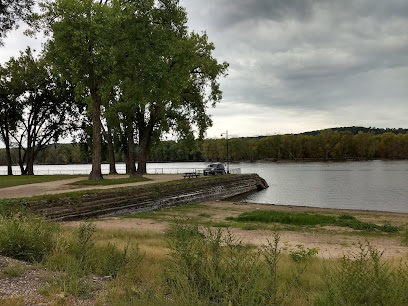
Volga River State Recreation Area
Discover Iowa's 'Little Switzerland': Hiking, camping, fishing, and more in the scenic Volga River State Recreation Area. A natural escape awaits!
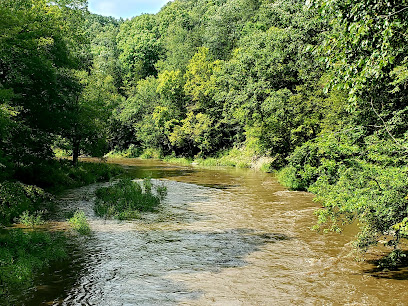
Waukon City Park
Explore nature, recreation, and community spirit at Waukon City Park, offering diverse activities and scenic beauty in the heart of northeast Iowa.
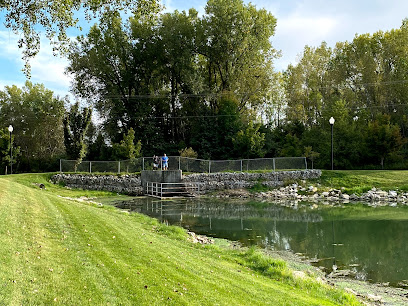
Eagles Landing Winery
Experience award-winning wines and delicious stone-fired pizzas in the heart of Iowa's scenic Driftless Area at Eagles Landing Winery.
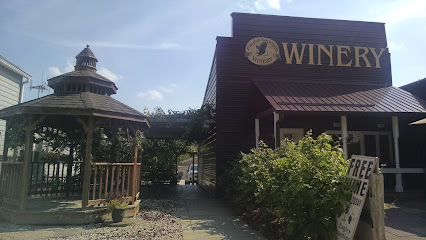
Lawler Park
Discover history and scenic beauty at Lawler Park in Prairie du Chien, a perfect spot for recreation and relaxation on the Mississippi River.
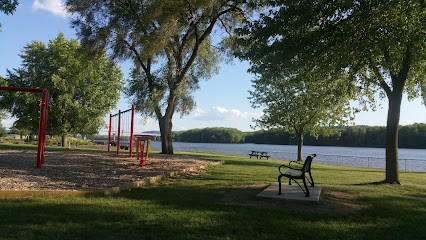
Fort Crawford Museum
Discover frontier life and medical history at Fort Crawford Museum, where the past comes alive in Prairie du Chien, Wisconsin.
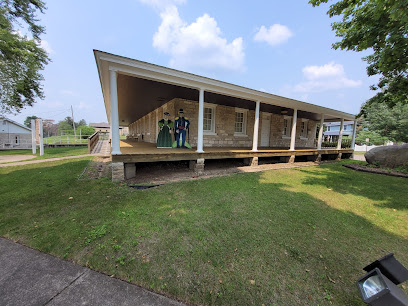
Scenic View Campground
Escape to Scenic View Campground in Waterville, Iowa, for family-friendly camping, river adventures, and stunning natural beauty.
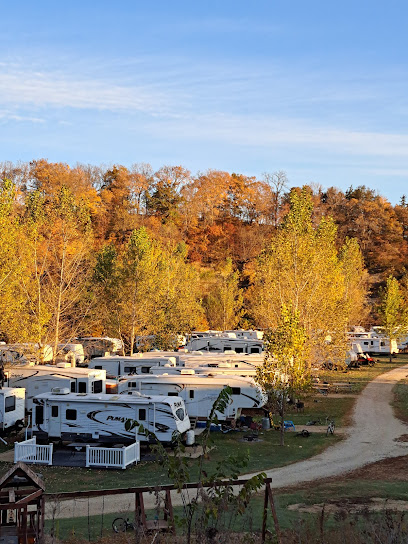
Markets, malls and hidden boutiques
Yellow River State Forest
Experience the breathtaking landscapes and outdoor adventures of Yellow River State Forest, Iowa's premier state park for nature lovers.
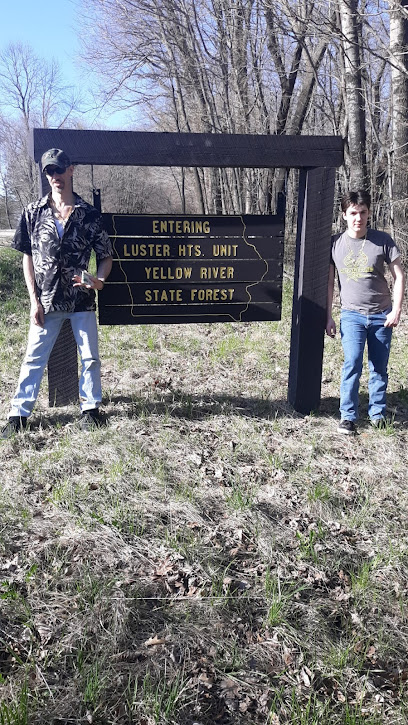
Horsfall Lansing Variety Store
Explore the eclectic offerings of Horsfall Lansing Variety Store, where unique finds and warm service await every visitor in Lansing, Iowa.
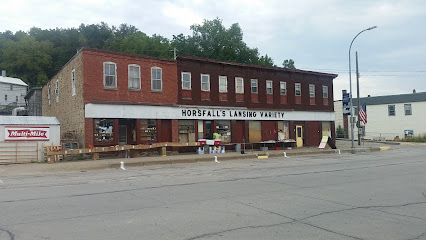
Broker Leather
Explore Broker Leather in Waukon for exquisite handcrafted leather goods that embody quality craftsmanship and unique style.
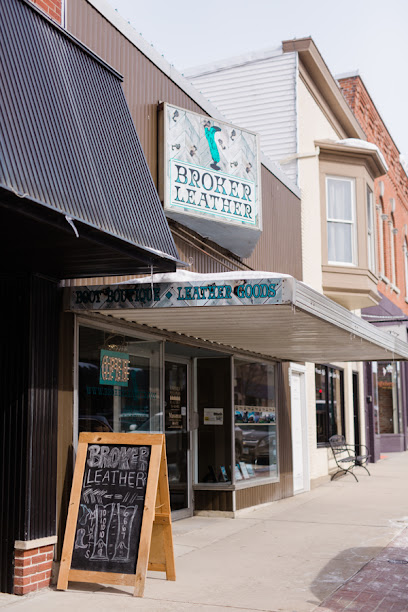
By The Spoonful
Explore gourmet treasures and unique local specialties at By The Spoonful in McGregor, Iowa - a must-visit for food lovers!
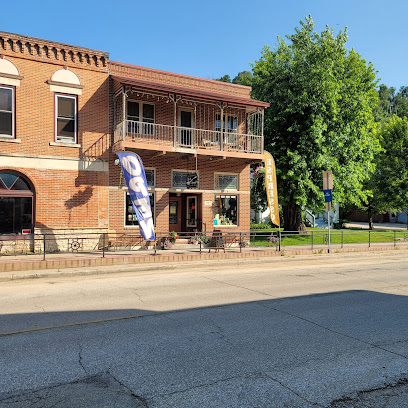
Paper Moon
Explore the enchanting Paper Moon Bookstore in McGregor, Iowa - a haven for book lovers with a cozy atmosphere and a vast selection of literary treasures.
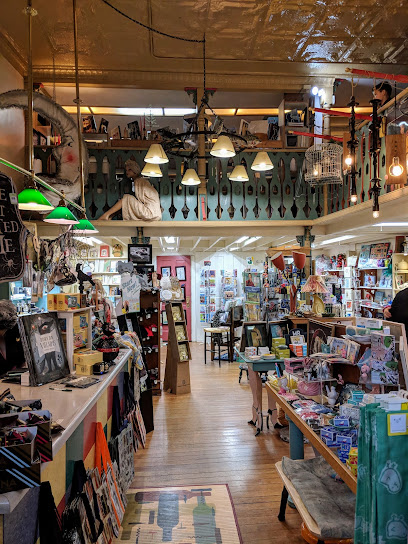
The Market on Blackhawk
Discover unique handcrafted gifts and local treasures at The Market on Blackhawk in Prairie du Chien, Wisconsin.
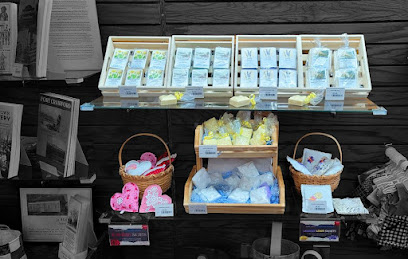
River Junction Trade Co
Explore authentic western wear and unique gifts at River Junction Trade Co, a charming store in McGregor, Iowa, celebrating the spirit of the American West.
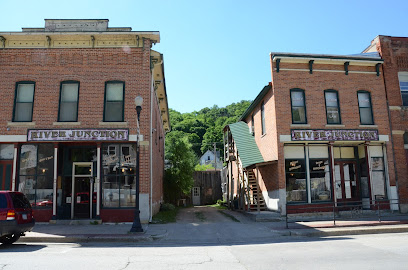
Forest Mills Quilt Shop
Explore Forest Mills Quilt Shop in Postville, Iowa—your ultimate destination for quality fabrics, quilting supplies, and creative inspiration.
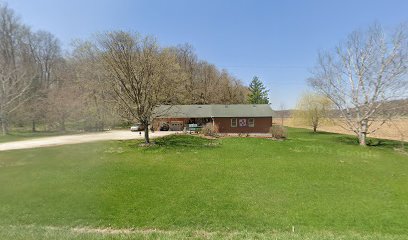
Rivertown Fine Books
Explore Rivertown Fine Books in McGregor, Iowa, where every corner holds a literary treasure waiting to be discovered.
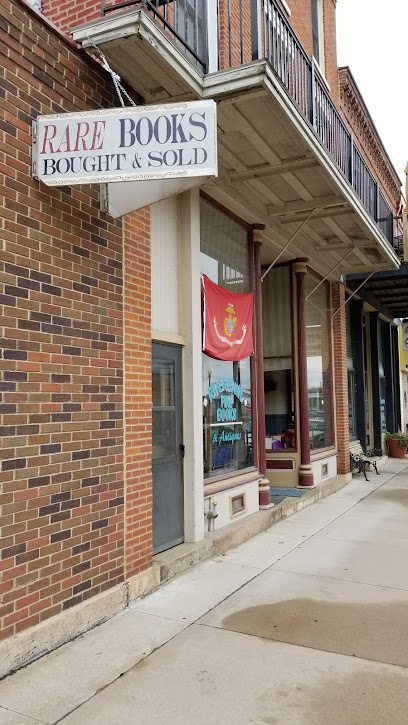
The Planted Tree Gallery & Gifts
Explore The Planted Tree Gallery & Gifts for unique handmade treasures and local artistry in Prairie du Chien, Wisconsin.
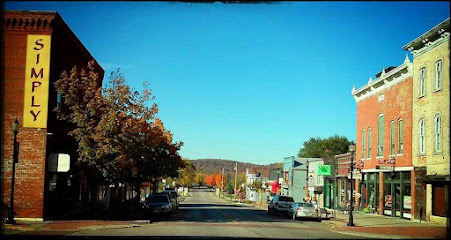
Daisy Kay Crystals, Coffee, & Gifts
Explore Daisy Kay Crystals in McGregor, Iowa - a charming rock shop offering unique crystals, delightful coffee, and special gifts for every visitor.
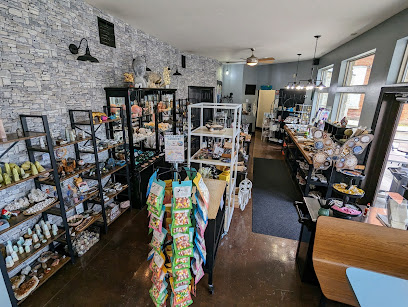
The Left Bank Shop and Gallery
Discover unique local art and handcrafted gifts at The Left Bank Shop and Gallery, a charming gem in McGregor, Iowa.
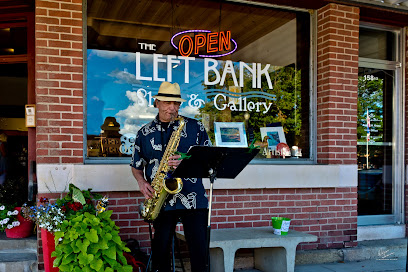
Angel411, LLC A Natural Boutique
Discover unique natural goods, books, jewelry, and metaphysical supplies at Angel411, LLC, a charming boutique in Prairie du Chien, Wisconsin.
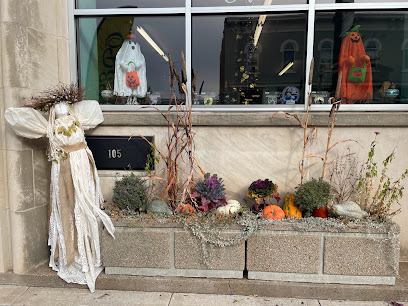
Paint Creek Gifts
Explore the charm of Paint Creek Gifts in Waterville, Iowa, where unique handmade treasures and local craftsmanship come together.
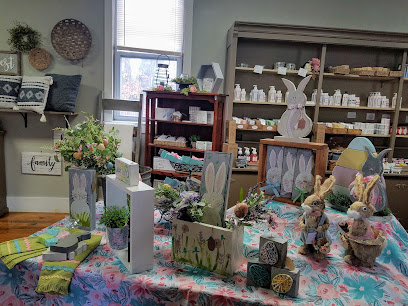
Styled Abode
Discover Styled Abode, Elkader's premier gift shop offering unique home goods and exquisite decor to enhance your living space.
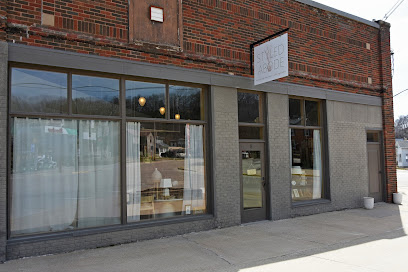
Essential bars & hidden hideouts
Fort Mulligan's Grillpub
Discover Fort Mulligan's Grillpub in Prairie du Chien - a local favorite for delicious grilled dishes and a warm, inviting atmosphere.
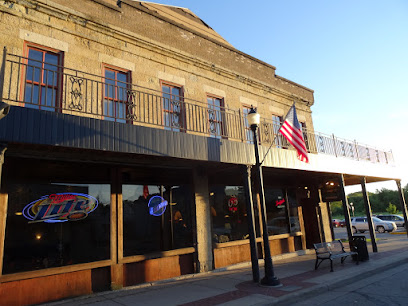
The Old Rossville Store
Experience the heart of American cuisine at The Old Rossville Store, a cozy restaurant in Waukon, Iowa, where flavors and heritage meet.
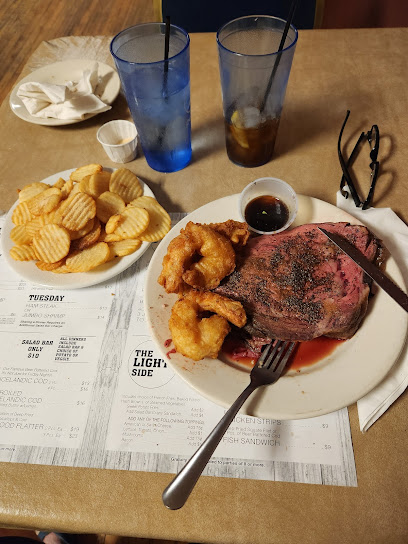
Backwoods Bar & Grill
Discover a blend of rustic charm and culinary delight at Backwoods Bar & Grill in McGregor, Iowa, perfect for family outings and local flavors.
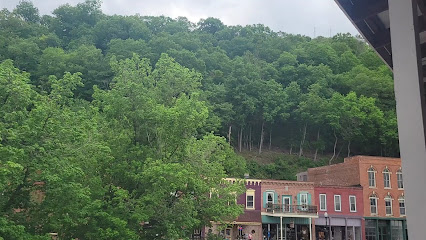
Winneshiek Bar & Grill
Experience the best of local flavors at Winneshiek Bar & Grill, a beloved restaurant and bar on the banks of the Mississippi River.
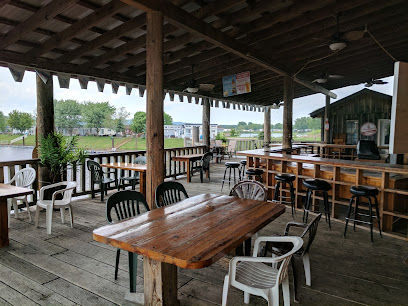
The Crooked Oar
Discover the charm of The Crooked Oar, a cozy bar in Prairie du Chien offering a delightful selection of drinks and local culture.
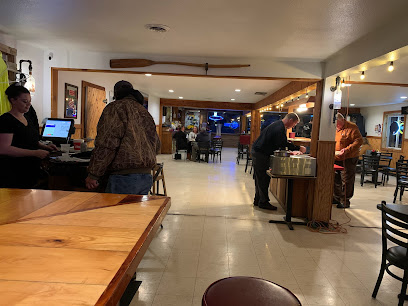
The Blackhawk
Experience the lively atmosphere and diverse drink selection at The Blackhawk, a top bar destination in Prairie du Chien, Wisconsin.
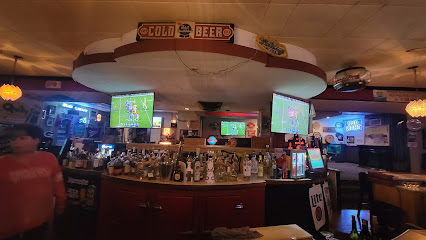
Backwater Bar & Grill
Experience the best of Wisconsin's local cuisine at Backwater Bar & Grill, where flavors meet the scenic beauty of Prairie du Chien.
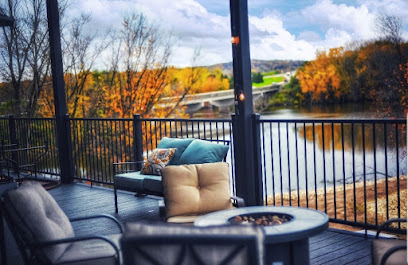
Marquette Bar & Cafe
Discover the cozy atmosphere and delicious offerings at Marquette Bar & Cafe, a favorite among locals and travelers in Iowa.
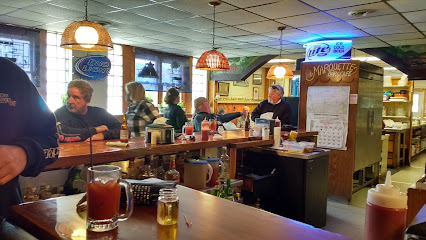
Spillway
Experience the flavors of Harpers Ferry at Spillway Supper Club, a cozy grill serving up delicious meals and a welcoming atmosphere.
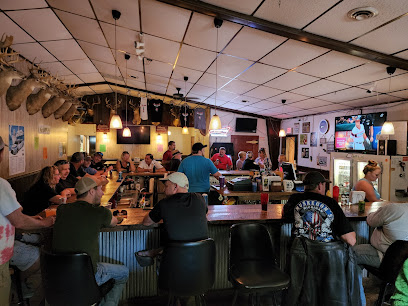
Center Street Bar & Grill
Experience the lively atmosphere and delicious cuisine at Center Street Bar & Grill, a top dining destination in Monona, Iowa for locals and tourists alike.
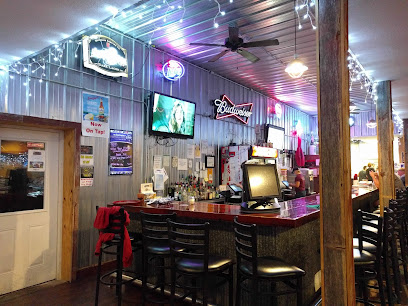
The Old Man River Restaurant & Brewery
Experience the best of McGregor at The Old Man River Restaurant & Brewery, where craft beer meets delicious cuisine in a cozy setting.
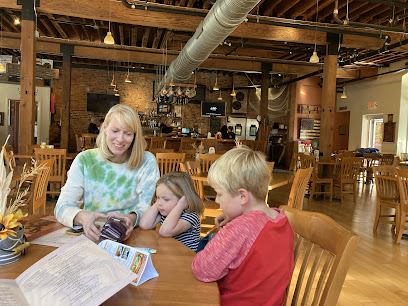
Bob's Bar
Discover Bob's Bar, a lively lounge in Prairie du Chien offering great drinks and an inviting atmosphere for all visitors.
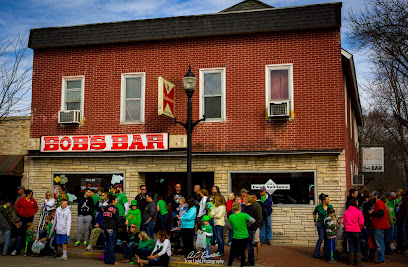
Jim's Bar
Discover the inviting atmosphere and affordable drinks at Jim's Bar, the heart of Prairie du Chien's nightlife.
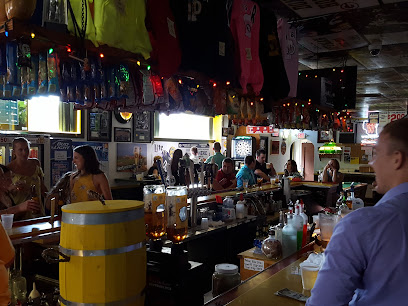
Luana Tavern
Discover the heart of Luana at Luana Tavern, where good food, great drinks, and community spirit come together.
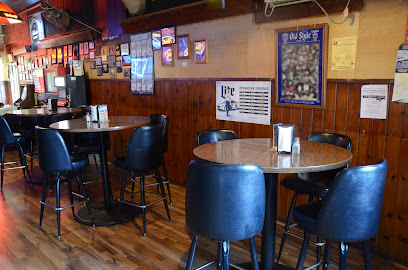
Frazier's Old Faithful Inn
Discover the welcoming atmosphere and local charm at Frazier's Old Faithful Inn, a beloved bar in Prairie du Chien, Wisconsin.
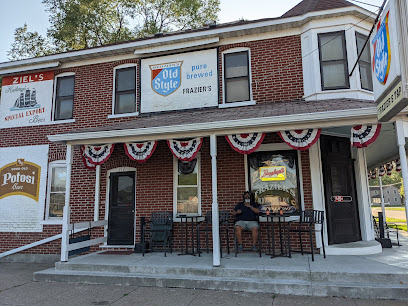
Local Phrases about Yellow River State Forest
-
- HelloHowdy
[hah-dee] - GoodbyeSee ya later
[see yah lay-ter] - YesYup
[yuhp] - NoNah
[nah] - Please/You're welcomePlease/Don't mention it
[pleez/don't men-shun it] - Thank youThanks a bunch
[thanks uh bunch] - Excuse me/SorryPardon me/My bad
[par-dun me/my bad] - How are you?Howdy, partner. How's it goin'?
[hah-dee, part-ner. howz it go-in] - Fine. And you?Just dandy. How 'bout you?
[just dan-dee. how 'bout yuh] - Do you speak English?Ya speak English?
[yah speak ing-glish] - I don't understandI ain't catchin' yer drift
[I ain't ketch-in yer drift]
- HelloHowdy
-
- I'd like to see the menu, pleaseCould I take a gander at the menu, if ya don't mind?
[cood I take uh gan-der at the men-yoo, if yuh don't mind?] - I don't eat meatI'm a vegetarian
[I'm uh veg-uh-tair-ee-an] - Cheers!Cheers!
[cheers!] - I would like to pay, pleaseI reckon it's time to settle up
[I reck-un its time to set-tul up]
- I'd like to see the menu, pleaseCould I take a gander at the menu, if ya don't mind?
-
- Help!S.O.S!
[ess-oh-ess] - Go away!Scram!
[skram] - Call the Police!Ring up the Sheriff!
[ring up the shair-iff] - Call a doctor!Get me a doc!
[get me uh doc] - I'm lostI'm turned around
[I'm turned uh-round] - I'm illI'm feelin' poorly
[I'm feel-in poor-lee]
- Help!S.O.S!
-
- I'd like to buy...I'm fixin' to purchase...
[I'm fix-in to pur-chase] - I'm just lookingJust browsin'
[just browse-in] - How much is it?What's the damage?
[whats the dam-age] - That's too expensiveThat's a mite pricey
[that's uh mite prah-sy] - Can you lower the price?Can ya cut me a deal?
[can yuh cut me uh deal]
- I'd like to buy...I'm fixin' to purchase...
-
- What time is it?What's the hour?
[whats the our] - It's one o'clockIt's one of the clock
[its one uhv the clock] - Half past (10)Half past (10)
[Half past (10)] - MorningMornin'
[mor-nin] - AfternoonAfternoon
[Afternoon] - EveningEvenin'
[even-in] - YesterdayYest'day
[yest-day] - TodayToday
[Today] - TomorrowTomorrer
[tom-or-er] - 1One
[wun] - 2Two
[too] - 3Three
[three] - 4Four
[four] - 5Five
[five] - 6Six
[six] - 7Seven
[seven] - 8Eight
[eight] - 9Nine
[nine] - 10Ten
[ten]
- What time is it?What's the hour?
-
- Where's a/the...?Where's the...?
[Wheres the] - What's the address?Where's it located?
[wheres it low-key-ted] - Can you show me (on the map)?Can ya point it out (on the map)?
[can yuh point it out (on the map)] - When's the next (bus)?When's the next (bus)?
[When's the next (bus)] - A ticket (to ....)A ticket (to ....)
[A ticket (to ....)]
- Where's a/the...?Where's the...?
History of Yellow River State Forest
-
The region now known as Yellow River State Forest has been inhabited by indigenous peoples for thousands of years. The Ho-Chunk (Winnebago) and the Meskwaki (Fox) tribes were among the earliest known inhabitants. They utilized the rich resources of the forest for hunting, fishing, and gathering. The forest's rivers and streams were vital for transportation and trade, creating a hub of cultural activity long before European settlers arrived.
-
In the early 1800s, European settlers began to move into the region. The Black Hawk Purchase of 1832, which followed the Black Hawk War, opened up the area for settlement. The fertile land and abundant resources of the Yellow River region attracted many settlers, who established farms and small communities. The interaction between settlers and indigenous tribes was often fraught with conflict and negotiation.
-
During the Great Depression in the 1930s, the Civilian Conservation Corps (CCC) established a camp in Yellow River State Forest. The CCC was a public work relief program that provided jobs for young men and focused on natural resource conservation. The workers constructed many of the park's facilities, including trails, shelters, and bridges, which are still in use today. Their efforts helped to preserve the forest and make it accessible for future generations.
-
Yellow River State Forest was officially established in 1935. The forest was created to protect the area's natural resources and provide a space for public recreation. It spans over 8,500 acres and includes diverse landscapes such as hardwood forests, limestone bluffs, and the Yellow River itself. The establishment of the state forest marked a significant effort in conservation and public land management in Iowa.
-
The Yellow River State Forest holds cultural significance for many people. The forest is home to several historical sites, including ancient burial mounds and petroglyphs left by indigenous tribes. These sites are protected and offer a glimpse into the region's rich cultural heritage. The forest also hosts annual events and festivals that celebrate the area's history and natural beauty, drawing visitors from across the state and beyond.
Yellow River State Forest Essentials
-
Yellow River State Forest is located in the northeastern part of Iowa, United States, in Allamakee County. The nearest major airport is the Eastern Iowa Airport in Cedar Rapids, approximately 150 miles away. From Cedar Rapids, you can rent a car and drive to the forest, which will take around 3 hours. Alternatively, you can fly into Minneapolis-Saint Paul International Airport, which is about 200 miles away, and then drive approximately 3.5 hours to the forest. Public transportation options are limited, so renting a car or using a private shuttle service is highly recommended.
-
Once within Yellow River State Forest, the best way to get around is by car. The forest covers a large area, and having a vehicle will allow you to explore its different sections conveniently. There are various parking areas near trailheads and campgrounds. For those who prefer a more eco-friendly option, biking is also a popular way to navigate the forest. Some trails are suitable for mountain biking, providing a thrilling way to experience the scenic beauty.
-
The official currency in the United States is the U.S. Dollar (USD). Credit and debit cards are widely accepted in nearby towns, but it is advisable to carry some cash for smaller establishments or in case you encounter areas with limited card payment options. ATMs are available in nearby towns like Waukon and Harpers Ferry, so withdrawing cash before heading into the forest is a good idea.
-
Yellow River State Forest is generally a safe destination for visitors. However, it is always wise to take standard precautions. Keep your valuables secured and out of sight, especially in parked cars. Be aware of your surroundings and avoid isolated areas during nighttime. There are no specific high-crime areas targeting tourists within the forest, but being vigilant, especially in crowded or unfamiliar places, is always a good practice.
-
In case of an emergency, dial 911 for immediate assistance. There are local medical facilities in Waukon, including Veterans Memorial Hospital. It's recommended to have travel insurance that covers medical emergencies. For minor health issues, bring a basic first-aid kit and any necessary medications with you. The park rangers are also available to assist with emergencies and can be found at the main ranger station.
-
Fashion: Do wear comfortable, weather-appropriate clothing and sturdy hiking boots. Layering is advisable due to varying temperatures. Religion: Do respect any local customs if visiting nearby towns with religious sites, but no specific religious customs apply within the forest itself. Public Transport: Do note that public transport is not available within the forest; plan accordingly with a rental car or bike. Greetings: Do greet fellow hikers and campers with a friendly nod or wave. Eating & Drinking: Do pack out all your trash and leave no trace. Don't feed the wildlife, as it can disrupt their natural habits.
-
To experience Yellow River State Forest like a local, consider visiting the Paint Creek Unit, which offers some of the best hiking trails and scenic views. Engage with the park rangers and local hikers, who can provide valuable insights and tips. If you're visiting in the fall, don't miss the stunning autumn foliage. For a unique experience, try fly fishing in the forest's well-stocked trout streams. Camping is a popular activity, so reserve your campsite early, especially during peak seasons.
Nearby Cities to Yellow River State Forest
-
Things To Do in Dubuque
-
Things To Do in Winona
-
Things To Do in Waterloo
-
Things To Do in Wisconsin Dells
-
Things To Do in Cedar Rapids
-
Things To Do in Madison
-
Things To Do in Mason City
-
Things To Do in Iowa City
-
Things To Do in Eau Claire
-
Things To Do in Davenport
-
Things To Do in Muscatine
-
Things To Do in Rockford
-
Things To Do in Ames
-
Things To Do in Wausau
-
Things To Do in Oshkosh







